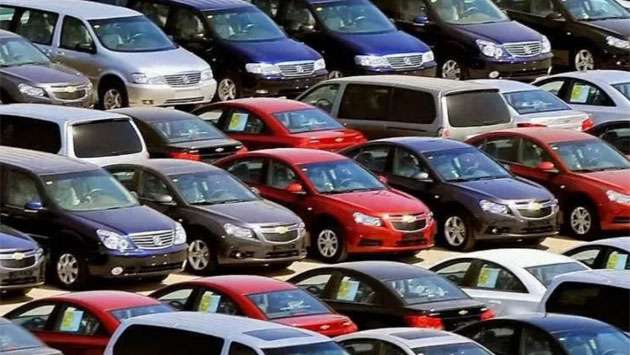Govt. Sets New Standards for Local and Imported Vehicles

Govt. Sets New Standards for Local and Imported Vehicles
The Government of Pakistan has officially released a government vehicle standards notification that enforces new safety, quality, and environmental guidelines for both imported and locally manufactured cars. These regulations aim to improve consumer safety, reduce environmental hazards, and bring the local market in line with international auto standards. The framework covers both imported vehicle standards Pakistan and locally assembled car regulations, creating a more transparent and reliable automotive industry.
Standards for Imported Vehicles
All imported vehicles must now comply with UNECE WP-29 regulations, which set global benchmarks for safety and emissions. Key areas include braking systems, seatbelts, airbags, child restraint systems (ISOFIX), and impact protection for passengers. Doors and latches must also meet international requirements to ensure security during accidents.
Environmental rules include strict emission limits, noise controls, and fuel efficiency benchmarks, ensuring vehicles are both eco-friendly and energy-efficient. Additionally, important vehicle parts such as tyres, lighting systems, windshields, and safety glass must follow international durability and performance standards.
For used imported vehicles, a pre-shipment inspection certificate from accredited organizations like the Japan Automotive Appraisal Institute or Korean Testing Laboratory is mandatory. Once the vehicle arrives in Pakistan, it must pass a post-shipment inspection to verify compliance. These measures ensure that cars are not accident-damaged, have correct odometer readings, and contain all required safety features.
To regulate imports, only firms registered under the Pakistan Companies Act, 2017 are allowed to bring in vehicles commercially. They must maintain proper records, use official banking channels, and provide after-sales services such as spare parts availability and customer support.
Regulations for Locally Assembled Vehicles
For vehicles built or assembled inside Pakistan, local car assembly standards have also been upgraded to meet WP-29 requirements. Automakers must ensure advanced braking systems, airbags, seatbelts with child safety options, and crash protection in both frontal and side collisions.
Component rules cover durable tyres, approved lighting systems, mirrors, windshields, and safety glass. Environmental measures include reduced emissions, fuel-saving technologies, and noise limits, particularly for larger vehicles. These changes aim to improve safety for drivers and passengers while lowering environmental impact.
Deadlines for Compliance
Under the Pakistan automobile regulations update, manufacturers must fully comply with these rules by June 30, 2026. However, companies struggling with financial or technical barriers can apply for a two-year extension. This ensures flexibility while maintaining a clear path toward modernization.
Impact on Pakistan’s Auto Market
This Govt. notification on vehicle quality is expected to boost safety, improve consumer trust, and ensure higher-quality imports. By enforcing strict rules on both imports and locally produced models, the Pakistan auto industry regulations will move closer to international practices. The government hopes these new rules for cars in Pakistan will reduce road accidents, cut pollution, and encourage fuel efficiency while protecting buyers from low-standard vehicles.
Overall, this new vehicle import policy Pakistan represents a major shift toward global automotive standards, bringing long-term benefits for both consumers and the environment.
Imported vehicle standards Pakistan
Locally assembled car regulations
Government vehicle standards notification
Pakistan automobile regulations update
Imported car rules in Pakistan
Local car assembly standards
Govt notification on vehicle quality
Pakistan auto industry regulations
New rule
Related Auto News Updates
Latest Discussions
Comments















Add a Comment "Govt. Sets New Standards for Local and Imported Vehicles"